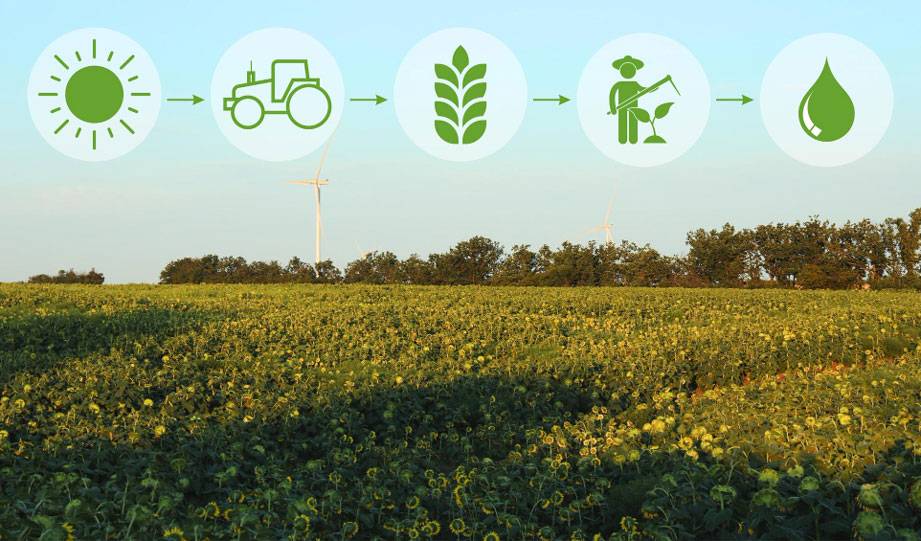Scientists agree that regenerative agricultural practices lead to many environmental benefits.
This includes growing diverse crops rather than just one culture, planting cover crops on resting fields instead of leaving them bare, minimizing mechanical tillage, and involving livestock in the crop rotation.
However, GreenBiz reports that the potential of regenerative agriculture to act as a carbon sink drives millions of corporate and investor dollars into soil-climate projects.
Regenerative farmers Mat Sheffer and Ben Dobson believe that farmer’s interests can be aligned with positive environmental outcomes.
This month, they’ll launch Hudson Carbon, an agriculture-focused carbon marketplace they envision as a “farmers market” for carbon credits, where mission-driven brands and individual consumers can connect with a particular farm and buy offsets to support its regenerative transition.
This carbon marketplace is just one of a number of new platforms created in anticipation of big corporate demand for soil carbon credits. In January, Seattle startup Nori raised $1.3 million to fund its marketplace, which relies on blockchain technology to pay farmers for carbon sequestration.
And although there’s a long-going debate for regenerative farming economics from the farmer’s perspective, no one can deny the fact that consumers are already willing to pay more for “pasture-raised” and “grass-fed” meat, eggs, and dairy products.


